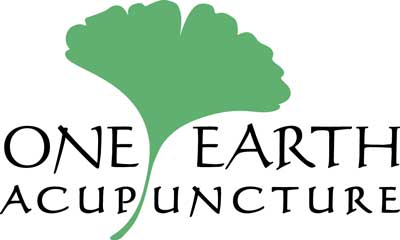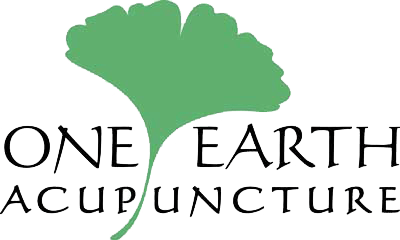Positive Feedback

Seeing the blue-paperback book ‘Silva Mind Control’ at a used book sale recently reminded me of my first experience with the power of positive feedback. I was 14 when I first read this book. At the time it was radical for me, but in retrospect, I realize it started me on the path towards the kind of work I do now as an Acupuncturist.
I read ‘Silva Mind Control’ because my mother thought it was a good idea, as my doctor mentioned that meditation might help me with migraine headaches. I had tried the little green pills (they were sublingual and tasted like horrible sour peppermint) but the headaches kept coming. They were bad enough to cause nausea and keep me from school a few times. So meditation was an attempt ‘to try anything’ to stop the pain. I recall the book not making a lot of sense, but I applied its biofeedback techniques to relax and meditate.
In addition to receiving an accurate diagnosis of TMJ (jaw-clenching that affected the nerves to my head giving me a headache), I practiced meditation and within 2 months stopped having severe headaches. The migraines stopped. Nowadays, it is very rare that I get a headache at all.
The ‘Silva Mind Control’ was a less scientific approach to “open focus” relaxation, a subdivision of behavioral medicine (BM). BM emphasises the patients’ role in the prevention of and recovery from organic diseases and conditions, as does Traditional Chinese Medicine. BM developed in the 1970’s because traditional medicine approaches (in the U.S.) were insufficient for managing and treating many chronic diseases, conditions and health-damaging behavior. It recognizes the important roles of stress, lifestyle, habits, and environmental variables in the development, maintenance and treatment of medical and dental diseases and conditions.
Unfortunately, the current health system does not actively utilize important applications of behavior medicine, but instead focuses on diagnosis and pharmaceuticals.
One of the primary affects of acupuncture involves relaxation of the body and ‘a content-free and quiet-mind’. When the body and mind is in a relaxed state, homeostatic controls (functions such as circulation and digestion) can normalize. Once this quiet-calm state is achieved, a person can shed-away negativity and stress so that positive energy can creatively influence the body in its natural condition. This kind of self-regulation is beneficial in treating most any pain syndrome, and many disorders including sleep issues, depression, anxiety, high blood pressure and weight loss.

Evelynne Toth, L.Ac
Founder & Owner
Testimonials
Subscription
Integer posuere erat a ante venenatis dapibus posuere velit aliquet sites ulla vitae elit libero

